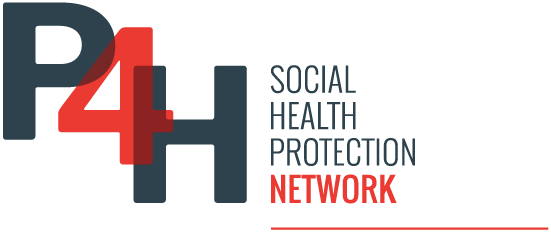This research article published by Wiley, estimates the incidence of catastrophic health expenditures (CHEs) and impoverishment across the households in formal and informal employment and their key determinants in Pakistan.
Abstract
Workers in informal employment suffered significant out-of-pocket healthcare expenditures (OOPHEs) due to their low earnings and a lack of a social safety net or health insurance. There is little or no evidence of impoverishment caused by OOPHEs in the context of labor market categorization. Therefore, this study examines the economic burden of OOPHEs and its associated consequences on households, whose members are in informal employment. This study estimates the incidence of catastrophic health expenditures (CHEs) and impoverishment across the households in formal and informal employment and their key determinants in Pakistan by employing the data from the two rounds of the Household Integrated Economic Survey (2015-16, 2018-19).
For measuring CHEs and impoverishment, the budget share and capacity-to-pay approaches are applied. Various thresholds are used to demonstrate the sensitivity of cata-strophic measures. We found a higher incidence of cata-strophic healthcare payments among the informal workers, that is, 4.03% and 7.11% for 2015-16 and 2018-19, respectively, at a 10% threshold, while at a 40% threshold, the incidence of CHEs is found to be 0.40% and 2.34% for 2015-16 and 2018-19, respectively. These OOPHEs caused 1.53% and 3.66% of households who are in informal employment to become impoverished, compared with their formal counterparts. The study demonstrates that the probability of incurring CHEs and becoming impoverished is high among informal workers, compared with their formal counterparts. This result has clear policy implications, in which to protect the informal workers, it is necessary to expand the insurance coverage, particularly during the COVID-19 response and recovery efforts.
Highlights
- Out-of-pocket-payment (OOPP) is a major health financing mechanism in Pakistan.
- Informal workers are more vulnerable to many health problems than formal workers.
- Higher incidence of catastrophic healthcare payments among the informal workers
- OOPHEs caused 1.53% and 3.66% to become impoverished in 2015-16 and 2018-19, respectively

